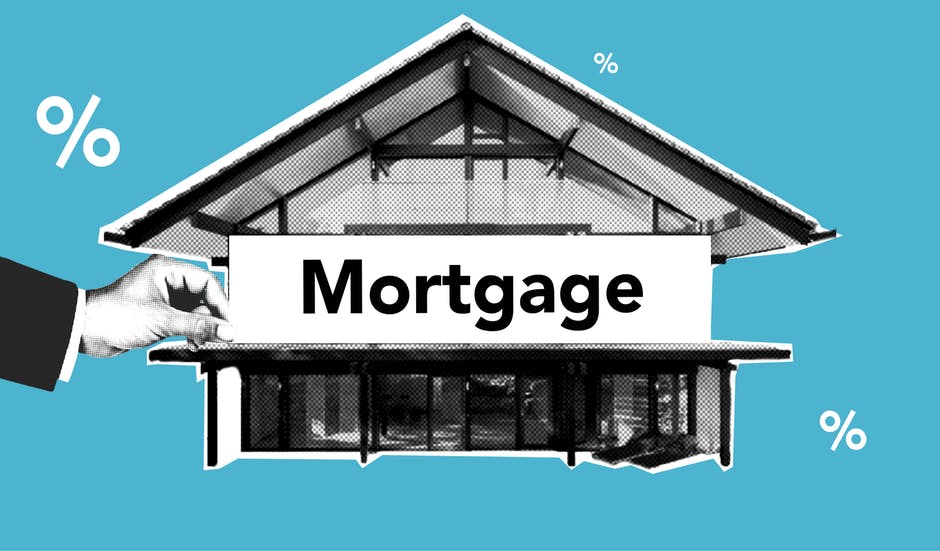Unemployment is one of the most devastating situations to be in. It affects your social, financial, psychological, professional, and emotional well-being. This is because most people attribute their sense of self-worth and identity to their careers and jobs. As scary as loss of employment is, you can get through it. If you were recently downsized, laid off, or resigned from your position, here are six tips to help you survive unemployment.

1. Take time to grieve the job loss
Like other kinds of loss, such as death or breakup, you will likely experience grief due to the sudden loss of your source of income. Embrace the different stages of grief, including denial, anger, and bargaining. You should accept your situation and not be too hard on yourself.
Consider unemployment as a temporary setback and stay positive. Exercise regularly, maintain a proper diet, get adequate sleep, and engage in other activities that make you feel good about yourself to keep despair, anxiety, and stress at bay.
2. Update your budget
If you do not have a household budget, set one up. If you already have one, consider updating it to suit your current financial status. By revising your budget, you can identify unnecessary expenses you could eliminate or areas you could save cash. For instance, you could consider streaming your favorite shows instead of paying for cable, raising your car and home insurance deductibles to reduce premiums, and canceling some of your subscriptions.
You could also identify and plan for core essentials such as medication, transportation, food, and utilities like water, electricity, and gas. If you are struggling to pay for basic expenses, check Ontario Works eligibility to determine whether you qualify for financial relief to help you manage bills before you get another job.
3. Create an emergency fund
Do not waste or misuse any penny you trim from your expenses when updating your budget. Instead, place the money in a high-yield savings account to build an emergency fund. An emergency fund can help you cater to your family’s needs until you secure another position.
4. Look for temporary employment
Securing your dream job could take some time. Instead of staying idle while your bills pile up, consider applying for temporary work to generate a little income. You could apply for seasonal employment, work online, or start a side job.
5. Connect with your network
Contact friends, family, acquaintances, and former colleagues, and let everyone know you are hunting for a new job. While you do not have to divulge the details of your current unemployment status, allowing your network to know you are on the market will increase the chances of landing another position quickly. You could also update your resume and post it on the internet to enable potential employers to find and contact you.
6. Register for unemployment benefits
Some states often provide financial relief for a specific period to individuals who lose their employment. For this reason, if your loss of a job is not our fault, consider applying for employment benefits. Check your state’s guidance on unemployment registration to determine the eligibility criteria, the application process, the expected amount, and the required documentation.
Endnote
Unemployment may be scary, but you can survive it. Take time to grieve the job loss, update your budget, build an emergency fund, secure temporary employment, connect with your network, and apply for unemployment benefits to get through your current financial situation.







